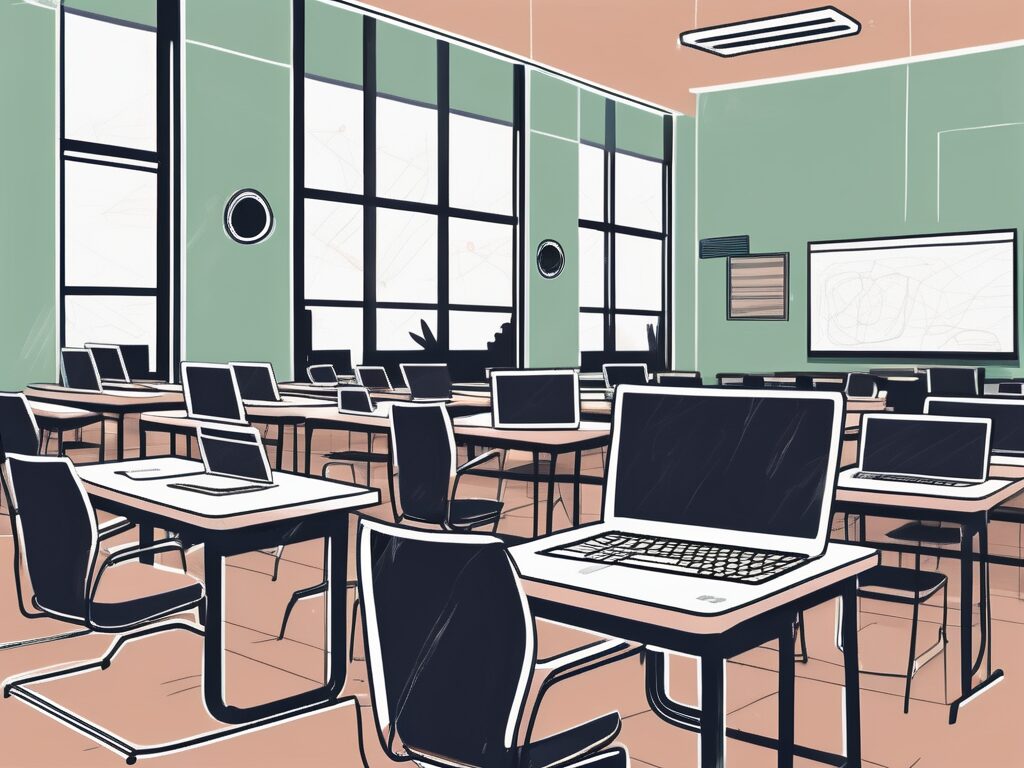Top Strategies for Technology Integration in Indonesia Classrooms 2025
The integration of technology within educational frameworks has emerged as a pivotal global trend, and Indonesia, as the world’s fourth most populous nation, is actively participating in this evolution. The diverse educational landscape across this archipelago necessitates the incorporation of technology in classrooms, not merely as a contemporary trend but as a fundamental requirement to equip the younger generation for a future characterized by digital innovation.
Current Landscape of Technology in Indonesian Education
To effectively address the integration of technology in Indonesian classrooms, it is imperative to first assess the existing educational environment. Indonesia has made commendable progress in enhancing its digital infrastructure over the past decade, with significant increases in internet penetration and the widespread availability of mobile technology. However, the adoption of technology in educational settings remains in its early stages, akin to possessing advanced technology yet utilizing it for basic functions.
Disparities Between Urban and Rural Education
The urban-rural divide significantly influences the adoption of technology in Indonesian classrooms. Urban centers such as Jakarta and Surabaya typically enjoy better access to the internet and digital devices, reflecting a stark contrast to rural areas where educational institutions often lack essential infrastructure. The challenge extends beyond merely providing devices; it encompasses ensuring consistent and reliable internet connectivity, which is crucial for effective technology integration.
Rationale for Technology Integration in Classrooms
Understanding the necessity of integrating technology in Indonesian classrooms is vital. This integration is not merely a response to global trends but offers substantial benefits:
- Enhanced Engagement: Technology fosters a more interactive and engaging learning environment. For instance, utilizing multimedia resources can transform traditional learning into a dynamic experience.
- Access to Resources: Technology provides students with access to a vast array of information and educational resources beyond conventional textbooks, facilitating a more comprehensive learning experience.
- Preparation for the Future: As industries increasingly rely on technology, equipping students with digital literacy skills is essential for their future success in a globalized economy.
Strategies for Effective Technology Integration
Implementing technology in Indonesian classrooms requires a strategic and multifaceted approach:
- Infrastructure Investment: Schools must invest in both hardware and reliable internet connectivity to create a conducive learning environment.
- Teacher Training: Educators should receive comprehensive training to effectively incorporate technology into their teaching methodologies, ensuring they are well-equipped to guide students in a digital learning landscape.
- Mindset Shift: It is crucial to view technology as an enhancement to traditional teaching methods rather than a replacement, thereby enriching the overall educational experience.
Addressing Challenges in Technology Integration
While the integration of technology in Indonesian classrooms presents challenges, these can be addressed through targeted strategies:
- Bridging the Urban-Rural Divide: Initiatives such as mobile learning centers and satellite internet can help mitigate disparities in access to technology.
- Enhancing Digital Literacy: Comprehensive training programs for teachers can improve their digital competencies, ensuring they can effectively utilize technology in their classrooms.
- Cost Management: Schools can explore cost-effective solutions, such as open-source software and refurbished devices, to manage expenses associated with technology integration.
Conclusion
The journey of integrating technology into Indonesian classrooms is ongoing and requires sustained commitment and adaptability. The potential benefits of such integration are significant, promising to enhance educational outcomes and prepare students for a rapidly evolving digital landscape. As Indonesia advances in the digital age, the strategic integration of technology in education will be instrumental in shaping the future of its educational system.
Advance Your Career in Educational Technology with IPGCE
As Indonesia embraces the digital transformation in education, it is essential for educators to lead this change. The International Postgraduate Certificate in Education (IPGCE) offers a unique opportunity for professional development, enabling educators to enhance their qualifications and become leaders in technology integration. By participating in this program, educators can experience professional growth, expand their career opportunities, and connect with a global network of education professionals. Do not let inadequate credentials hinder your progress. Embrace the future of education and Join the UK’s #1 Teacher Training Course today to unlock your potential and advance your career.

